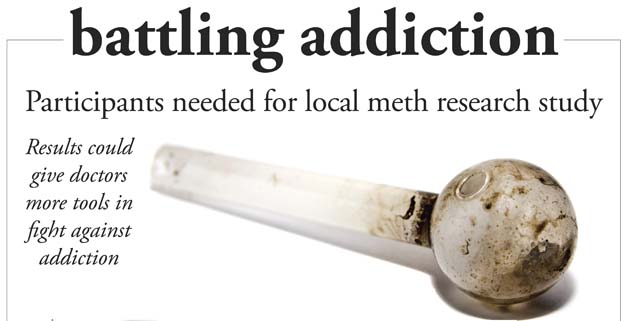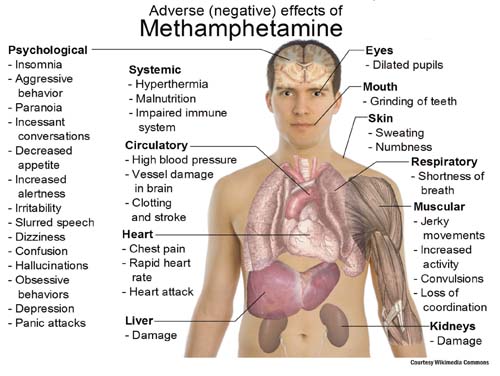battling addiction

AParticipants needed for local meth research study
Results could give doctors more tools in fight against Addiction
By Jason Evans
Staff Reporter
COUNTY — A new research study aims to help meth users who are ready to cut down their usage — or quit entirely.
The study is funded by the National Institute on Drug Abuse, which has funded a number of the studies at Behavioral Health Services of Pickens County. Pickens  County is one of seven different sites nationwide taking part in the study.
County is one of seven different sites nationwide taking part in the study.
Participants are needed to take part in the study.
“We’re all working the same goal, which is to help people in our community who are struggling
with methamphetamine use,” BHSPC director of research Elizabeth Chapman said.
Participants are needed to take part in the study.
“We’re just wanting to get the word out to people that we’re offering this service to our community,” Chapman said. “It’s hard to get the word out.”
Researchers are looking for users who are not currently in treatment for methamphetamine use.
People may think the study is connected with law enforcement, but it is not, Chapman said.
“A lot of people are nervous,” she said.
Researchers are bound by confidentiality laws.
“We don’t give out information about our participants,” Chapman said. “We just want to help people in our community. We want people to feel comfortable talking to us and giving us the information they want to give us and be a part of the study.”
The study is open to adults ages 18-65 who are looking to reduce or stop their use of methamphetamine.
The study uses a couple of FDA-approved medications that will possibly help users if they reduce or stop their use of methamphetamines. The medicines have been used to help people who are trying to stop alcohol or painkiller use.
“When you use methamphetamines, it’s a stimulant,” Chapman said. “It causes you to have rapid heart rate and everything that a stimulant would do. When you quit using that stimulant, there’s that emptiness. Some people experience withdrawal symptoms.”
“So the thought is, bupropion is an antidepressant with stimulant-like properties (so it would help during the transition. So instead of going from super jittery and having lots of energy to nothing, you would kind of stay up a little bit. But it’s a medication that’s safe. It’s not addictive.”
Vivitrol helps with cravings.
“It could be effective for that same reason for people who use methamphetamine,” Chapman said.
The study could provide meth users with a treatment option.
“Because right now there’s not any medication FDA-approved for that purpose,” Chapman said. “Maybe we can give another tool in the toolbox for physicians in the future. That’s one of the main reasons we’re doing this study.”
Everything is free for study participants.
“The medication is free of charge,” Chapman said. “They’ll be seeing medical professionals twice a week for appointments, free of charge. We do an ECG, lab work — all that’s free of charge.”
Study participants will also be compensated for their time. The study may last 19 weeks, and participants can quit at any time.
“We want people to feel comfortable with us,” Chapman said.
Researchers can’t guarantee the study will help.
“But we hope it does,” Chapman said. “We hope it helps them. We hope it helps the future person that’s struggling with methamphetamine use. We hope it helps the future research in general, because the information we get, every piece they can use in the future to kind of help with substance use in general.”
Meth abuse is prevalent in Pickens County, Chapman said.
“You can’t deny that we have a meth problem in Pickens,” she said. “We want to help with that and rid the community of it as best we can.”
Meth can destroy people’s lives in a short period of time.
“That’s why we would love for them to come in and see us, so we can help them out before it gets too far,” Chapman said. “We know that’s a hard step to take. It’s scary to admit that maybe you have a problem with substances.”
If you’re interested in participating in the study, call (864) 898-2992 for a pre-screening over the phone. An in-person screening can then be set up. The screening period may last four to 21 days.
“We want to make sure they’re safe to be in the study,” Chapman said.
If an individual is deemed eligible to be in the study, they will come into a clinic twice a week for 12 weeks to receive the medication or a placebo, Chapman said.


























